Microsystems engineer Can Dincer builds disposable devices to enable personalized medicine.


Microsystems engineer Can Dincer builds disposable devices to enable personalized medicine.

Capable of measuring stress through micro gestures “EmoSense” could find its way to wearable electronics in the future.
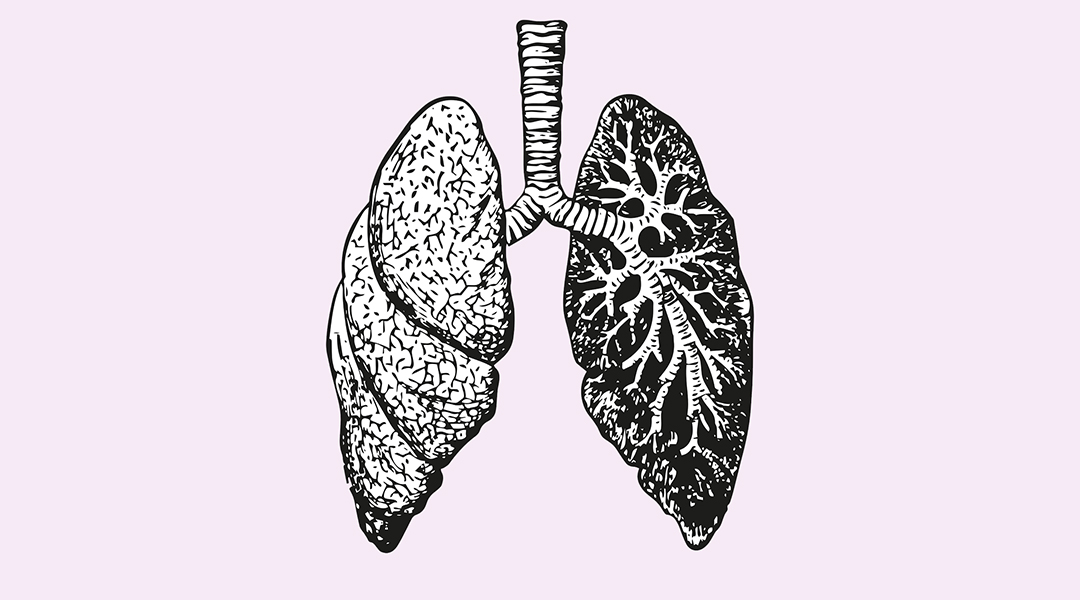
Revolutionizing respiratory disease detection with a portable E-Nose for non-invasive breath analysis.

A collection of opinions that explores the benefits and risks of generative AI models, such as ChatGPT.
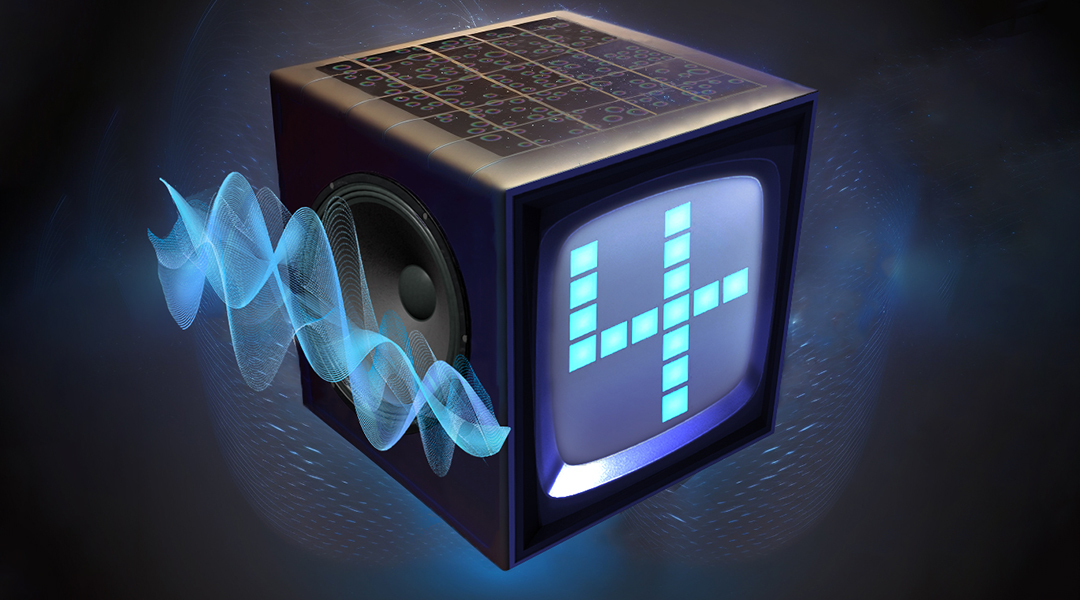
A thin film composed of small magnetic whirls called skyrmions performs voice pattern recognition with an accuracy approaching 99%.
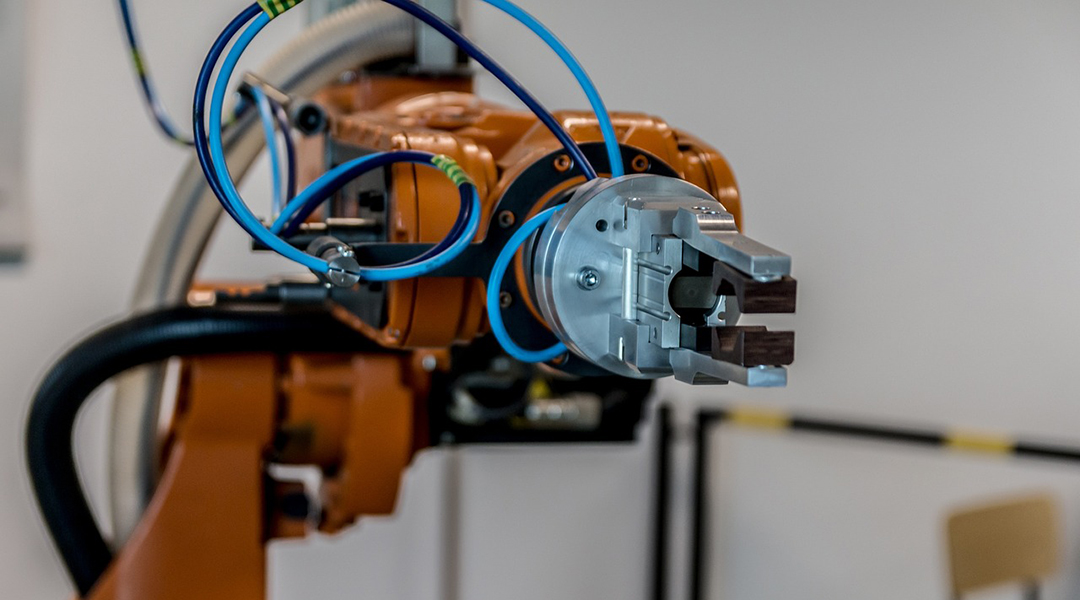
An intelligent eye tracker allows for accurate, hands-free remote control of robots without the need for joysticks or other devices.

Fish adjust their sensitivity to the actions of others, such reacting to false alarms, to reduce the risk of responding to misinformation.
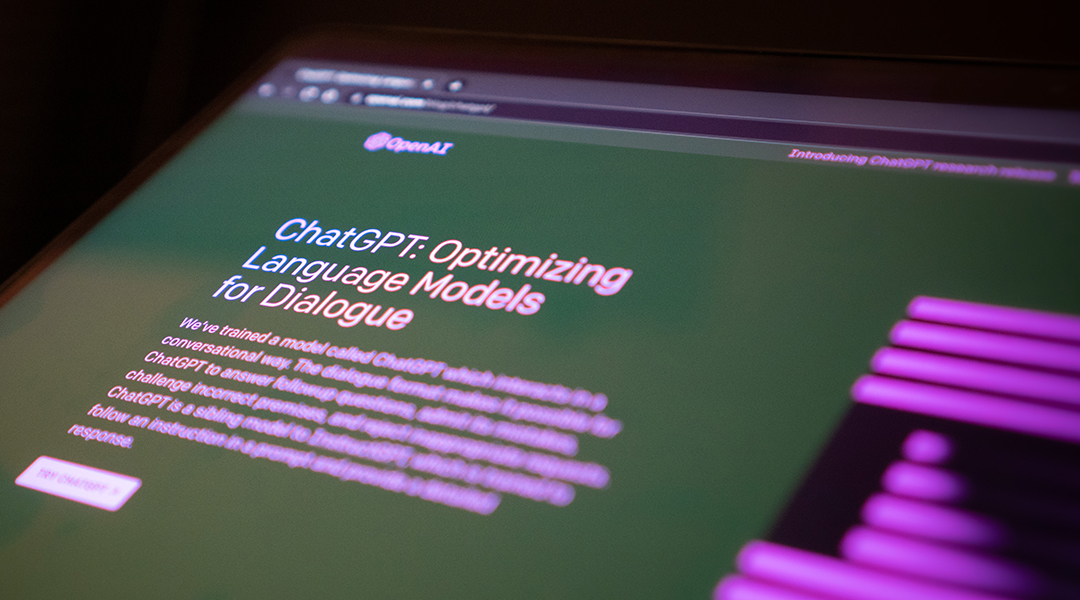
Crediting ChatGPT as an author on scientific papers has sparked debate around the role it should play in the scientific literature.

An automated synthesis platform called Chemspeed reduces time and labor when searching for organic molecules as gain mediums in lasers.
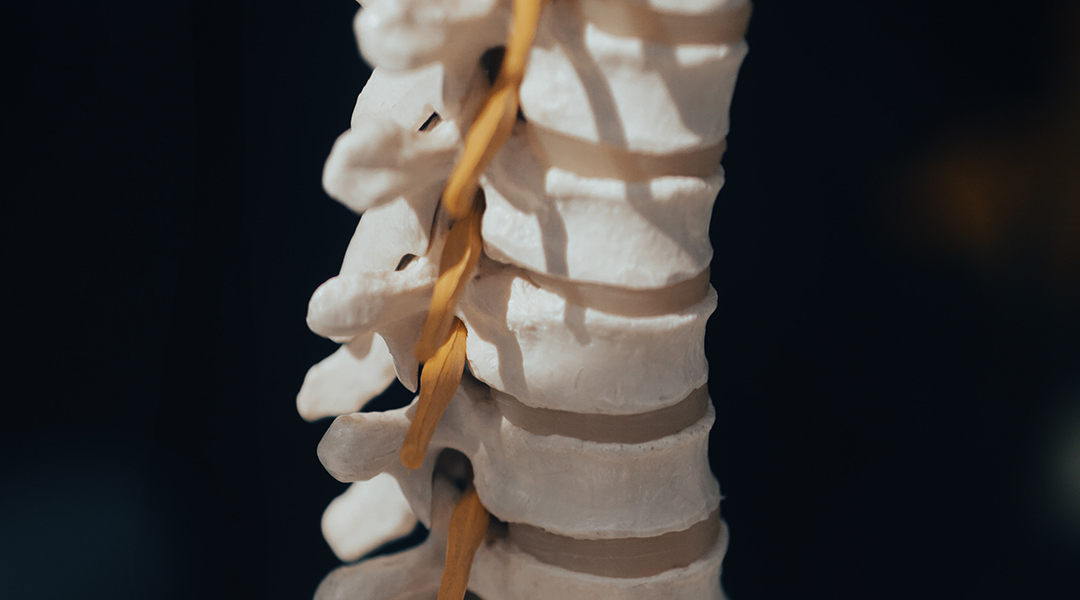
In patients with spinal cord injury, an implanted neurotransmitter restored their ability to walk, but underlying reasons were unexpected.